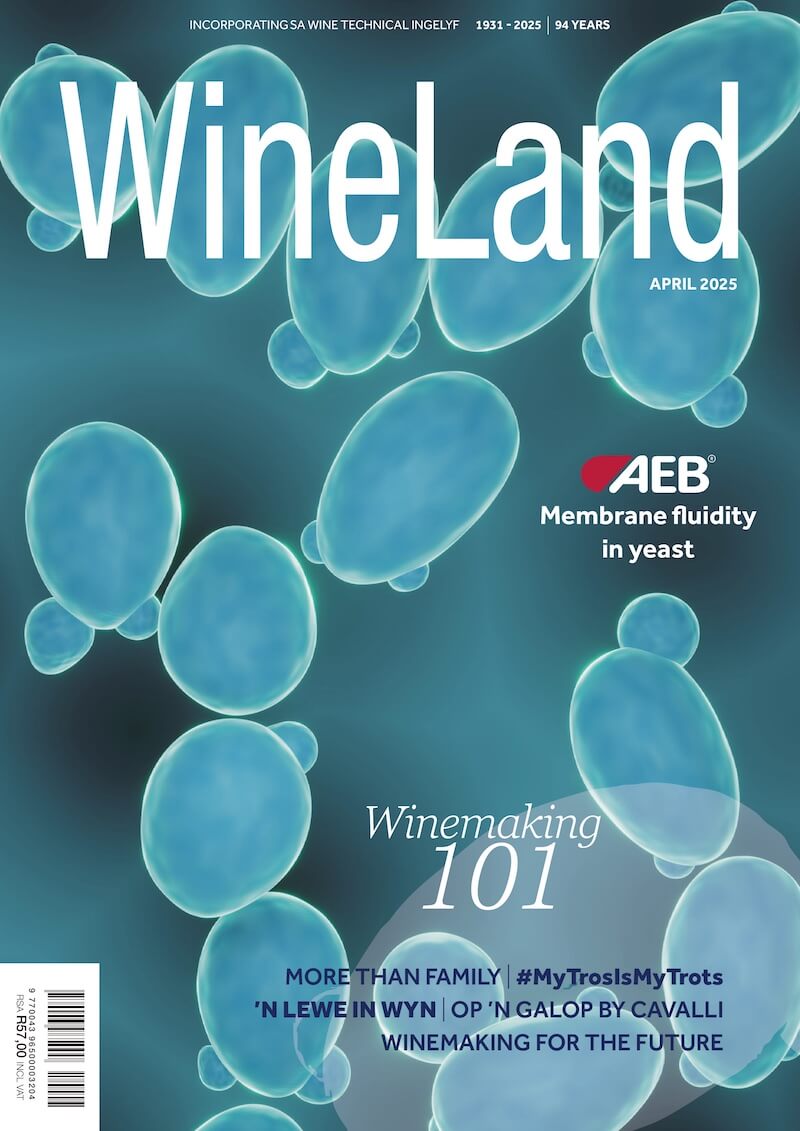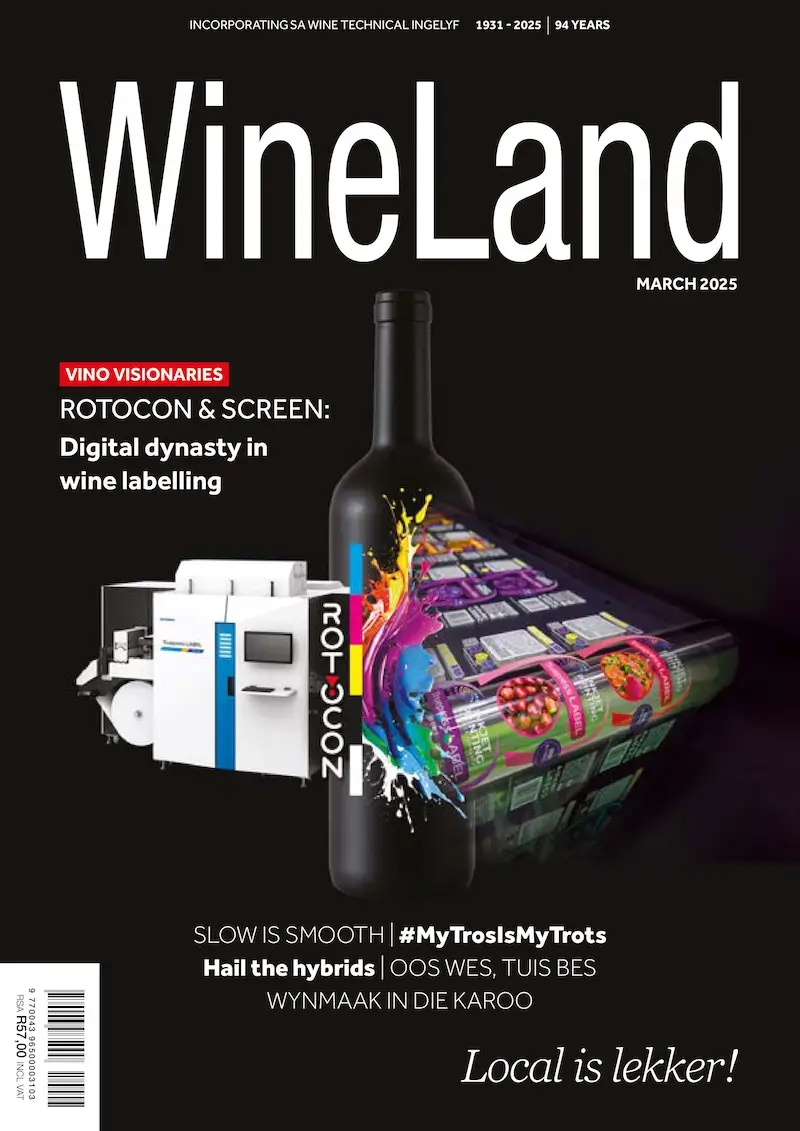In the light of COVID-19 and the threats and risks associated with the virus, The Tourism Grading Council of South Africa (TGCSA) has compiled a list of key guidelines for use by the accommodation and hospitality establishments around the country.
General approach by establishments
- All hospitality service providers should commit to routinely clean all frequently touched surfaces in the workplace, such as workstations, countertops, light switches and doorknobs.
- It is recommended that employers acquire alcohol-based hand sanitiser and encourage all staff to frequently sanitise their hands or wash their hands with soap and water for at least 20 seconds throughout the day.
- If an employee coughs or sneezes, we highly recommend that employee covers their nose or mouth with a tissue or the bend of the elbow to stop the spreading of droplets released when coughing or sneezing.
Should my staff wear face-masks?
- Based on the most recent World Health Organisation advice, there is currently no established scientific evidence available on the usefulness of wearing face masks to protect non-sick persons from the novel coronavirus infection.
- A face mask still allows tiny droplets through which may carry infection. Wearing a face mask is more useful for an infected person trying to prevent further spread of the virus.
- Persons caring for a person infected with the virus and medical practitioners may benefit from wearing a face mask, but proper care must be taken in placing, using, and dispensing of these masks to prevent further spread of
• Using masks incorrectly is likely to hamper any effectiveness they may have.
• Issuing large numbers of masks unnecessarily can contribute to anxiety and distract from proven, more effective measures, particularly hand-washing.
• Once used, masks require disposal – if handled and disposed of incorrectly, without good hand-washing, they may contribute to transmission.
• Stock may be in short supply in coming weeks and should generally be reserved for use by healthcare professionals who have more need for them and more expertise in their correct use.
Attempt to limit large congregations of guests
In order to limit contact between people, there are some recommendations regarding the public spaces where larger groups or guests will congregate. This is also relevant in areas where conference and small meetings are taking place. It is important to limit interaction between guests and some suggestions are:
Dining facilities
- Manage your dining and breakfast facilities by attempting to limit the number of guests in the facilities at one time. You may want to consider creating additional space between your tables by removing some stations as well as limiting the number of seats per table to 2.
- You may need to extend serving times to cater for the smaller number of guests served at a time in your dining facilities.
- We strongly discourage the use of buffet style meal provision. This is to limit communal handling of serving cutlery as well as food being open to the elements.
- It is recommended that where buffets are not avoidable, that servers are provided and guest do not serve themselves and high quality Bain-marie’s, chafing dishes are utilised.
Public areas
- Manage queues at establishment reception by planning and informing guests of preferred check out times to spread out interactions.
- If your facility has lifts, we suggest you provide guests with guidance at the lift landings on a suitable limit of number of guests per lift (2 pax preferred). This is to limit the number of guests in lifts at one time and ensure sufficient space between them when confined in the lifts.
Conference centres and facilities
- If your establishment has conference facilities, try and ensure your delegate seating is at least 1 metre apart at all times. Remember you should not be accommodating groups of 100 or more.
- Where glass bottles water dispensers are used for water provision in conference facilities, we suggest one bottle provided per delegate to avoid sharing and handling the same tableware.
- At all high volume areas, it is recommended that establishments have strategically placed dispensers of hand sanitiser.
Guest bedrooms
- Room keys, both keys and key cards. These should be sanitised after every guest use.
- Items which guests handle regularly such as remote controls for TV’s, Air-conditioning, as door handles, light switches and in room telephones must be sanitised
- It may be prudent to increase frequency of laundering of your pillow protectors.
- In public areas such as passages and landings, it is important to regularly (every hour) sanitise buttons in the lifts and escalator railings
- Additional tissues are recommended in guest bedrooms.
- Make sure all disposable dustbins are lined

In the event of a symptomatic guest
- It is recommended that establishments create a small reaction team to deal specifically with the possibility of an infected in-house guest.
- Most importantly – Isolate the Guest/s and the room which the guest is occupying. It is not encouraged to allow for housekeeping or room service attendants to enter the room and remove any operating equipment from the room until the assistance and guidance is received from health authorities.
- Swiftly, identify all service staff and in-house guests with whom the guest has been in contact. It is important to isolate these individuals whilst the property contacts the health authorities.
- It is advised that the hotel contact the Hotline for guidance on each case.













